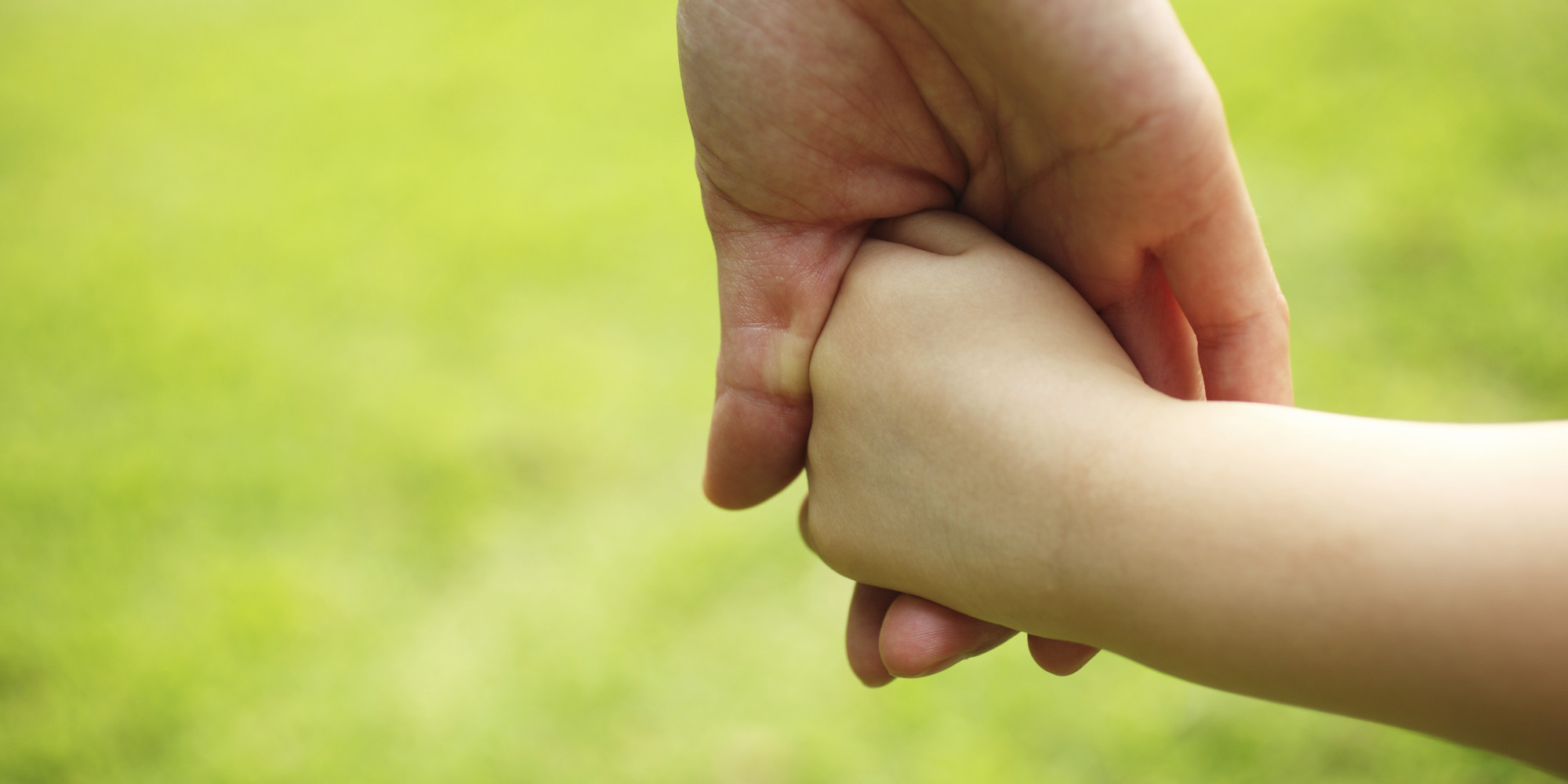According to Section 6 of the Hindu Adoption and Maintenance Act, no adoption shall be valid unless
(i) The person adoption has the capacity, and also the right to take in adoption;
(ii) The person giving in adopting has the capacity to do so;
ADVERTISEMENTS:
(iii) The person adopted is capable of being taken in adoption: and
(iv) The adoption is made in compliance with other conditions mentioned in the Act.
It may be noted here that transfer of adoptive boy by ceremony of giving and taking is essential though no particular form of giving and taking is prescribed. (Lakshman Singh v. Rup Kanwar, A.I.R. 1961 SC 1378).
ADVERTISEMENTS:
Other conditions for a valid adoption have been enumerated in Section 11 of the Act which is as follows:-
(i) If the adoption is of a son, the adoptive father or mother by whom the adoption is made must not have a Hindu son, son’s son or son’s son (whether by legitimate blood relationship or by adoption) living at the time of adoption;
(ii) If the adoption is of a daughter, the adoptive father or mother by whom the adoption is made must not have a Hindu daughter or son’s daughter (whether by legitimate blood relationship or by adoption) living at the time of adoption;
(iii) If the adoption is by a male and the person to be adopted is a female, the adoptive father is at least twenty-one years older than the person to be adopted;
ADVERTISEMENTS:
(iv) If the adoption is by a female and the person to be adopted is a male, the adopted mother is at least twenty-one years older than the person to be adopted;
(v) The same child must not be adopted simultaneously by two or more persons; and
(vi) The child to be adopted must be actually given and taken in adoption by the parents or guardians concerned or under their authority with intent to transfer the child from the family of birth to the family of its adoption.
It has also been provided that the performance of datta homam shall not be essential to the validity of an adoption.
